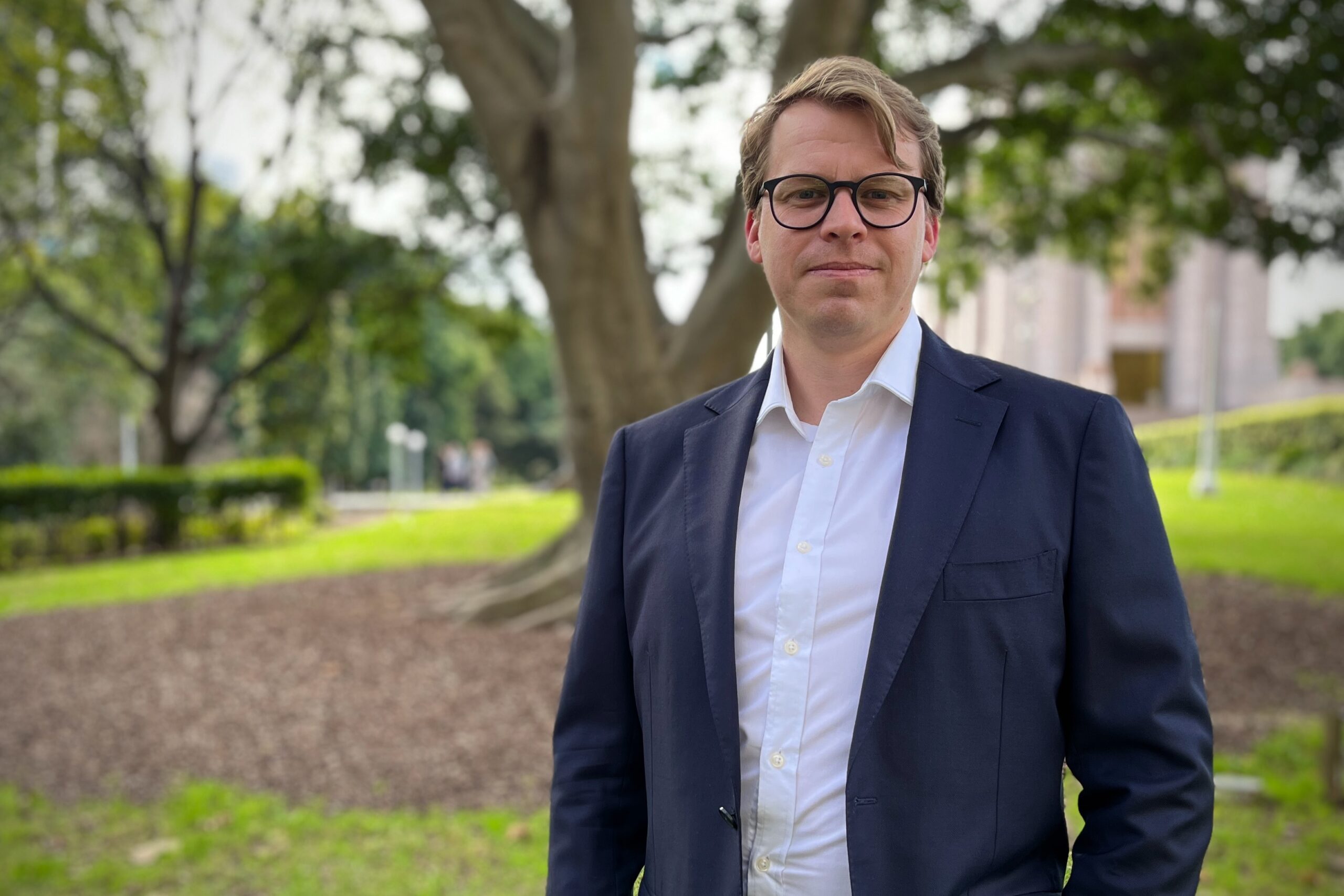Opinion: State and territory governments are responsible for our criminal legal systems, including youth justice and detention. But when those systems are failing, the Commonwealth can and should step in to ensure children’s rights are protected.
In the last year, two children have died from self-harm in youth detention in WA. The Queensland government last year suspended its human rights laws so it can keep kids in police watchhouses for days at a time, with severe physical and mental health impacts. Tasmania agreed to pay $75 million to victims who endured abuse and neglect in its youth detention centres.
From Don Dale to Banksia Hill, we have been warned about the failures of Australia’s youth justice systems for years, and the harm they are causing to children. Despite the warnings, governments and agencies have failed to make the changes we need. And the harm continues.
It doesn’t have to be this way. The Australian Government can step in and protect our kids.
Police, courts, community services and ‘justice’ systems are largely governed by states and territories – which have control of these areas because of how power is divided under our federal Constitution. Disappointingly, state and territory governments have too often reached for ‘tough-on-crime’ measures and found new ways to send children to prison, despite clear evidence this not only doesn’t reduce offending, it increases it: making our communities less safe.

But the Australian Government could provide the circuit-breaker desperately needed to end this litany of failure and deliver safer communities.
The Senate recently called an inquiry into Australia’s youth justice and incarceration system, recognising the Commonwealth can and should do more to protect the rights of children and young people across the country.
Where to begin
There are obvious starting points. The Commonwealth can raise the age of criminal responsibility from 10 to 14 for offences under federal law. Given the government’s position that children under 16 aren’t old enough for social media, it is astonishing they think 10 year-olds (kids in year 5 at primary school) are old enough for prison.
The Commonwealth can also be a leader and drive reform with the states and territories. It can invest federal funds in alternatives to criminal legal system interventions and better support for at-risk young people, which we know work to keep kids and communities safer. It could reward states and territories that are guided by the evidence and want to build better systems in our communities by matching their investments – and withhold funding from those that continue to harm young children by criminalising them.
Constitutional power
The Commonwealth can also intervene more directly.
Our Constitution gives the Commonwealth Government the power to make laws with respect to external affairs under section 51(xxix). In an increasingly globalised and internationally connected world, the High Court has found this power enables the Commonwealth to make domestic laws that reflect Australia’s international treaty obligations.
It is a power that has been used to protect the rights of people in Australia for decades. Including against the actions of state and territory governments.
The Racial Discrimination Act 1975, for example, implements international treaty obligations preventing race discrimination. It played an essential role in protecting Aboriginal people from discriminatory laws passed by Queensland’s Bjelke-Petersen government in the 1980’s – including laws that attempted to extinguish Eddie Mabo’s claim of native title.
The external affairs power has also underpinned laws protecting Tasmania’s wilderness from destruction by the state government, and the rights of workers across the country with respect to minimum wages, equal pay, termination of employment, discrimination in employment, family leave and collective bargaining.
The external affairs power could, and should, now be used to protect children.
Rights and wellbeing
Australia has signed on to the Convention on the Rights of the Child, which requires safeguarding the rights and wellbeing of children and young people, including with respect to their interactions with police and prisons.
The Senate inquiry is considering Australia’s international obligations relating to ‘youth justice including the rights of the child’ and ‘the benefits and need for enforceable national minimum standards for youth justice consistent with our international obligations’ – indicating the Parliament knows it could use the constitutional power to step in if it chose to.
This is an opportunity to protect children being harmed by criminal legal systems across the country.
Australia’s National Children’s Commissioner agrees. After speaking with 150 children and young people nationally, and countless organisations working with them, the Commissioner’s landmark 2024 report Help way earlier recommended the Commonwealth pass a National Children’s Act, implementing Australia’s obligations under the Convention on the Rights of the Child. This would include putting the ‘last resort’ principle into law, so arrest, detention or imprisonment of a child is used only as a measure of last resort and for the shortest period.
Children should not continue to suffer in Australian youth justice systems. It’s time for someone to protect them. The Commonwealth can and should step in to safeguard the rights of this vulnerable group and end cycles of disadvantage, criminalisation, incarceration and harm.
Jonathan Hall Spence is Principal Solicitor at the Justice and Equity Centre.




